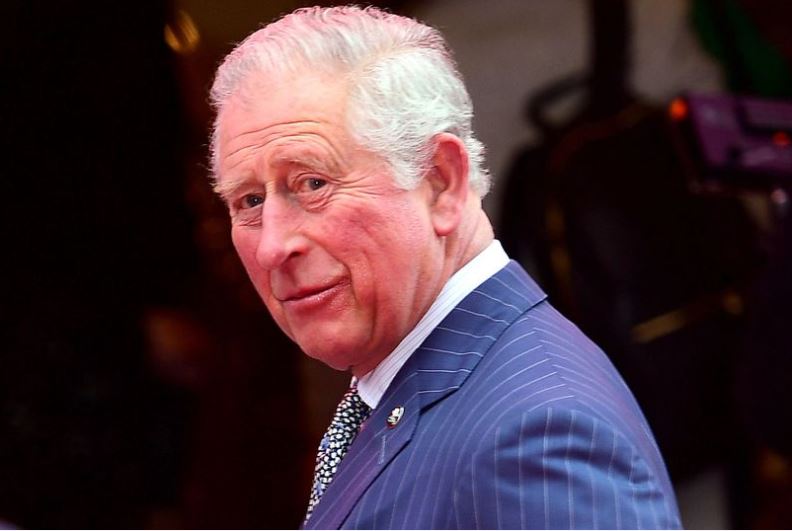×
The Standard e-Paper
Kenya’s Boldest Voice

Prince Charles says he will visit Rwanda 25 years after the genocide that claimed the lives of nearly one million people.
The Prince of Wales announced the trip on his Instagram account and included a picture of the letter sent to the country's president, Paul Kagame.